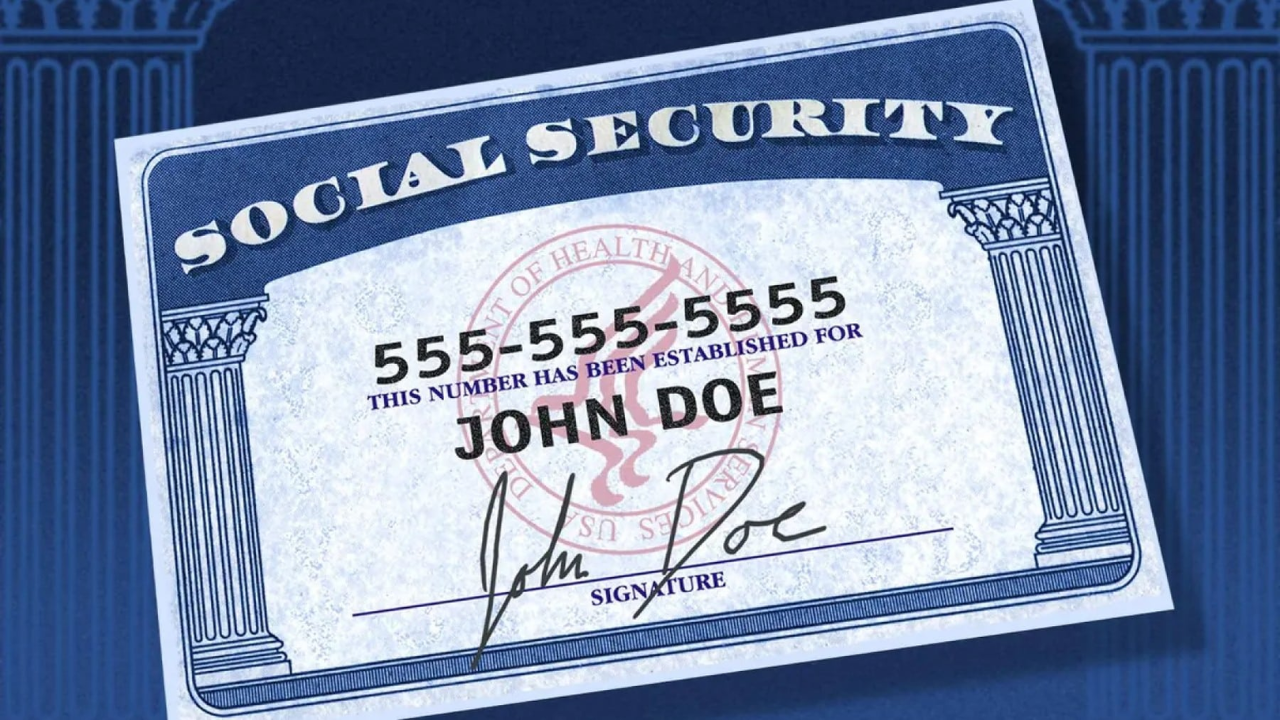A new law passed by Congress is finally bringing some relief to public sector retirees who were losing out on their full Social Security benefits.
The change targets a long-criticized rule known as the Windfall Elimination Provision (WEP), which has affected millions of former teachers, police officers, firefighters, and other government employees.
What Was the Issue?
If a public worker earned a pension from a job that didn’t withhold Social Security taxes (like many state or local government jobs) and also qualified for Social Security from other work, the WEP would reduce their Social Security benefits, often significantly.
This led to a lot of frustration and confusion, especially for those who worked hard in both the public and private sectors.
Many retirees felt this rule was unfair because it didn’t consider the full picture of their work history.
What Does the New Law Do?
The new law doesn’t get rid of WEP entirely, but it changes how Social Security calculates benefits for certain public workers. Instead of using a one-size-fits-all reduction, it now allows Social Security to use actual income data for more accurate benefit calculations.
This change is expected to help retirees who spent years in both covered (Social Security-taxed) and non-covered (non-Social Security-taxed) jobs.
Why This Matters?

For years, groups like retired teachers and union members have been pushing for reform, arguing that the WEP punished people who worked hard in multiple roles throughout their careers. This update helps correct that by giving a fairer estimate of Social Security benefits.
It also makes the system more transparent and easier for retirees to understand, which has been a major issue with the old rules.
Who Benefits from This?
This change mostly helps:
- Retired teachers, especially in states like Texas and California
- Former firefighters and police officers
- Government workers who also held private-sector jobs
- Anyone who has both a public pension and worked in a job that paid into Social Security
What Happens Next?
The law has been signed and will be implemented over time, depending on how quickly the Social Security Administration (SSA) adjusts its systems.
Retirees who are already receiving reduced benefits due to WEP might see changes in the future, and those nearing retirement may get higher-than-expected payments once the new calculations are in place.
Lawmakers from both parties supported this reform, saying it’s a step toward fairness for public workers who were hit with unexpected reductions in their retirement income.






